What Is Iron And Why Is It So Important?
Iron is an essential mineral that is important for the growth and development of the body. Your body requires iron to make hemoglobin, which is a vital protein present in red blood cells responsible for carrying oxygen from the lungs to all the parts of the body. Furthermore, it is also used to make myoglobin, which is another important protein that transports oxygen from the lungs to the muscles. This significant mineral also plays a role in making and regulating hormones in the body, which are important for the growth and development of the body, to improve sleep quality, enhance metabolism, stimulate fertility, impact emotions and mood, and regulate blood pressure, among other things.Iron deficiency could result in pale skin, brittle nails, difficulty in breathing, weakness, dizziness, nausea, weakened immune system, fatigue, rapid heart palpitations, all of which are symptoms of a condition called anemia. Anemia is a condition, which is born out of abnormalities in red blood cells. Reports show that anemia is twice as prevalent among women than in men. Needless to say, women require more iron, either in the form of food or supplements, than men.
Why Do Women Need More Iron than Men?
Women’s iron needs tend to be more than men simply because every month, due to menstruation, women tend to lose blood. Iron is required to replenish the blood reserves in the body, which is lost every month due to the menstrual cycle. Moreover, iron for pregnant women is even more important. Women tend to need more iron owing to an increase in blood volume during pregnancy, which is required for the growth of the baby in the womb. As per the National Institute of Health (NIH), an adult male on an average requires nearly 8 milligram of iron daily, as compared to an adult female who needs close to about 18 milligram of iron per day. This requirement only increases - almost three times more than men- to about 27 milligrams per day during pregnancy.What Should They Do?
That is why women, particularly pregnant women, need to up their iron intake. Some of the rich sources of iron include beetroot, spinach, pumpkin seeds, quinoa, broccoli, tofu, shellfish, fishes like salmon, kale, swiss chard, collard greens, dark chocolate, fortified cereals, and organ meats, among other things. There are many iron supplements for women’s health that are available in the market, which can be taken if their food doesn't satisfy their iron requirements.Wellbeing Nutrition’s ‘Melts into Nano Iron’ (Iron + Folic acid + Greens) is the perfect form of dietary supplements designed to replenish the depleting reserves of the micronutrient in the body. These supplements are in the form of oral thin strips that embody a high-end sublingual delivery system called the unison effect. This ensures quick absorption and better bioavailability of iron into the bloodstream to improve haemoglobin levels.These supplements are also 100 percent organic, non-GMO, plant-based, which uses ingredients like beetroot, swiss chard, spinach, pumpkin seeds, folic acid, and acerola cherry (which is a potent form of Vitamin C, meant to enhance the absorption of iron upto 50 percent. All you need to do is place the oral thin strip on your tongue and wait for it to dissolve.
Final takeaway
Women need more iron than men do because of menstruation and pregnancy. Moreover, women tend to eat less than men, which means that they need to be more than twice as well-regulated and efficient as men when it comes to the absorption of iron to avoid its deficiency. That is why, it would be prudent to include rich sources of iron into your diet or supplements if your diet falls short of meeting your daily iron requirements.
References:
- Abbaspour N, Hurrell R, Kelishadi R. Review on iron and its importance for human health. J Res Med Sci. 2014;19(2):164-174. (https://www.ncbi.nlm.nih.gov/pmc/articles/PMC3999603/)
- Miller JL. Iron deficiency anemia: a common and curable disease. Cold Spring Harb Perspect Med. 2013;3(7):a011866. Published 2013 Jul 1. doi:10.1101/cshperspect.a011866. (https://www.ncbi.nlm.nih.gov/pmc/articles/PMC3685880/)
- Harrison-Findik DD. Gender-related variations in iron metabolism and liver diseases. World J Hepatol. 2010;2(8):302-310. doi:10.4254/wjh.v2.i8.302. (https://www.ncbi.nlm.nih.gov/pmc/articles/PMC2999297/)
- Prentice AM, Mendoza YA, Pereira D, et al. Dietary strategies for improving iron status: balancing safety and efficacy. Nutr Rev. 2017;75(1):49-60. doi:10.1093/nutrit/nuw055. (https://www.ncbi.nlm.nih.gov/pmc/articles/PMC5155616/)
- Bala R, Pawar P, Khanna S, Arora S. Orally dissolving strips: A new approach to oral drug delivery system. Int J Pharm Investig. 2013;3(2):67-76. doi:10.4103/2230-973X.114897. (https://www.ncbi.nlm.nih.gov/pmc/articles/PMC3757902/)












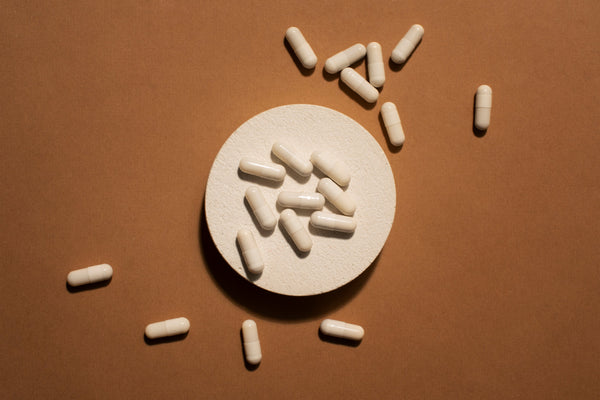
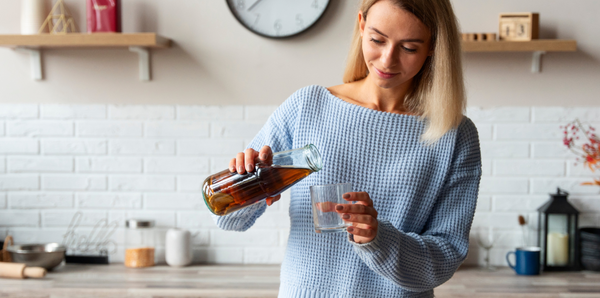

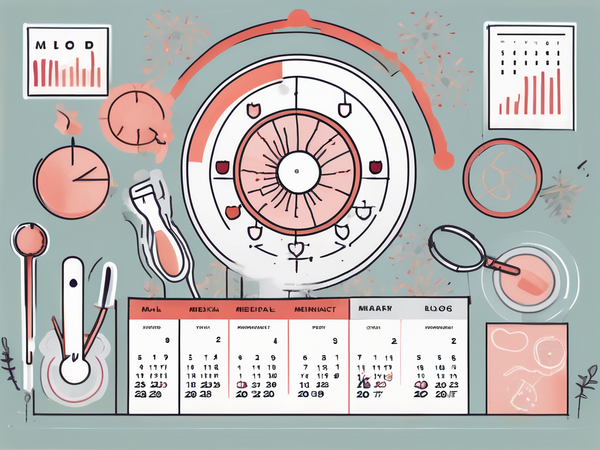
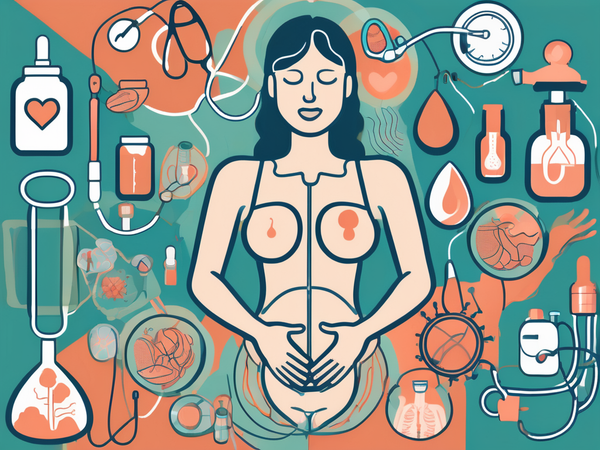
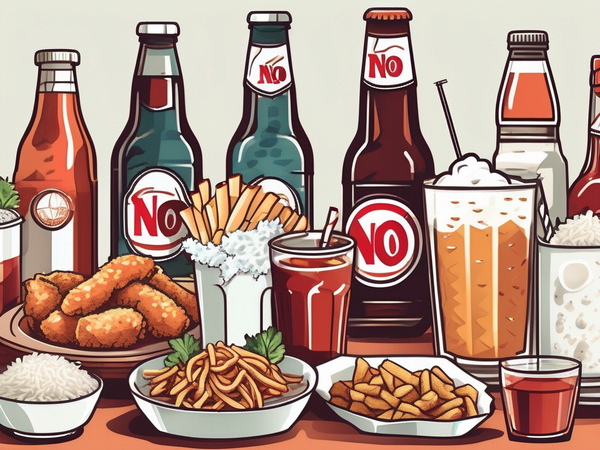
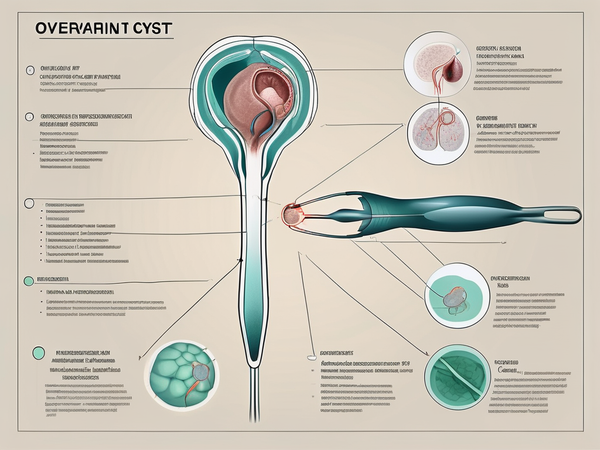
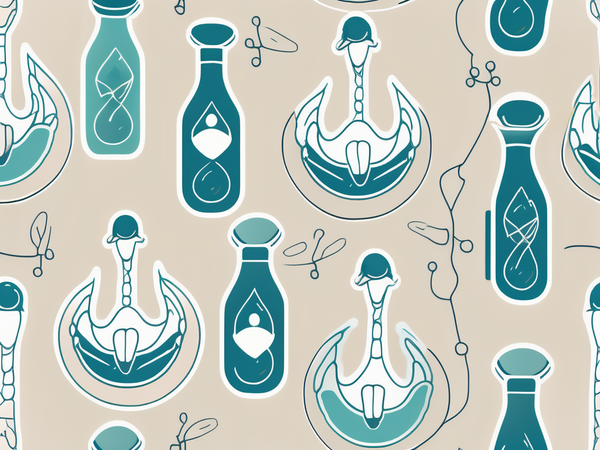
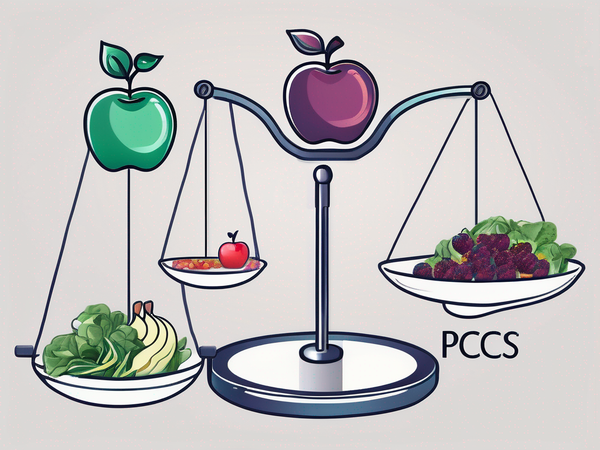






 DOWNLOAD NOW
DOWNLOAD NOW
